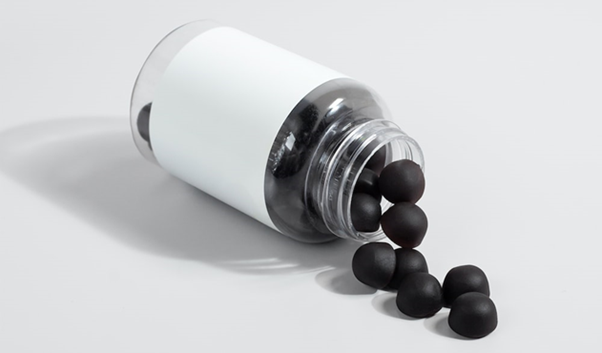Probiotics when on antibiotics?

Antibiotics have become an indispensable part of modern medicine. They are used to treat bacterial infections and have saved countless lives since their discovery. However, antibiotics are not without their drawbacks. They can disrupt the natural balance of bacteria in the gut, leading to a variety of unpleasant side effects, such as diarrhea, nausea, and bloating.
Probiotics are live bacteria and yeasts that are beneficial to human health. They are often called "good" or "friendly" bacteria because they help keep the digestive system healthy by balancing the levels of bacteria in the gut. Probiotics can be found in foods such as yogurt, kefir, sauerkraut, and kimchi. They are also available in supplement form.
The question of whether or not to take probiotics when on antibiotics is a common one. Antibiotics kill both good and bad bacteria in the gut, so it is logical to assume that taking probiotics during a course of antibiotics could help to restore the balance of bacteria in the gut. However, the evidence is mixed.
Some studies have shown that taking probiotics during a course of antibiotics can help to reduce the risk of antibiotic-associated diarrhea. This is particularly true for certain strains of probiotics, such as Lactobacillus acidophilus and Bifidobacterium bifidum. These strains have been shown to be effective in preventing antibiotic-associated diarrhea in both adults and children.

Other studies have not found a significant benefit to taking probiotics during a course of antibiotics. A large study published in JAMA in 2012 found that while probiotics did reduce the risk of antibiotic-associated diarrhea, the effect was small and not significant. The study also found that taking probiotics did not reduce the risk of other side effects of antibiotics, such as nausea and vomiting.
It is important to note that not all probiotics are created equal. Different strains of probiotics have different effects on the body, and some strains may be more effective than others in treating specific conditions. When choosing a probiotic supplement, it is important to look for one that contains strains that have been shown to be effective in clinical studies.

It is also important to consult with a healthcare professional before taking any new supplement, especially if you are taking antibiotics. Some strains of probiotics may interact with antibiotics or other medications, and it is important to ensure that you are not putting your health at risk by taking a probiotic supplement.
In conclusion, taking probiotics during a course of antibiotics may be beneficial in reducing the risk of antibiotic-associated diarrhea, but the evidence is mixed. It is important to choose a probiotic supplement that contains strains that have been shown to be effective in clinical studies and to consult with a healthcare professional before taking any new supplement. This is the brand we recommend Vita Miracle, which contains 30 billion CFU'S and 18 Strains of Probiotic.
OR



